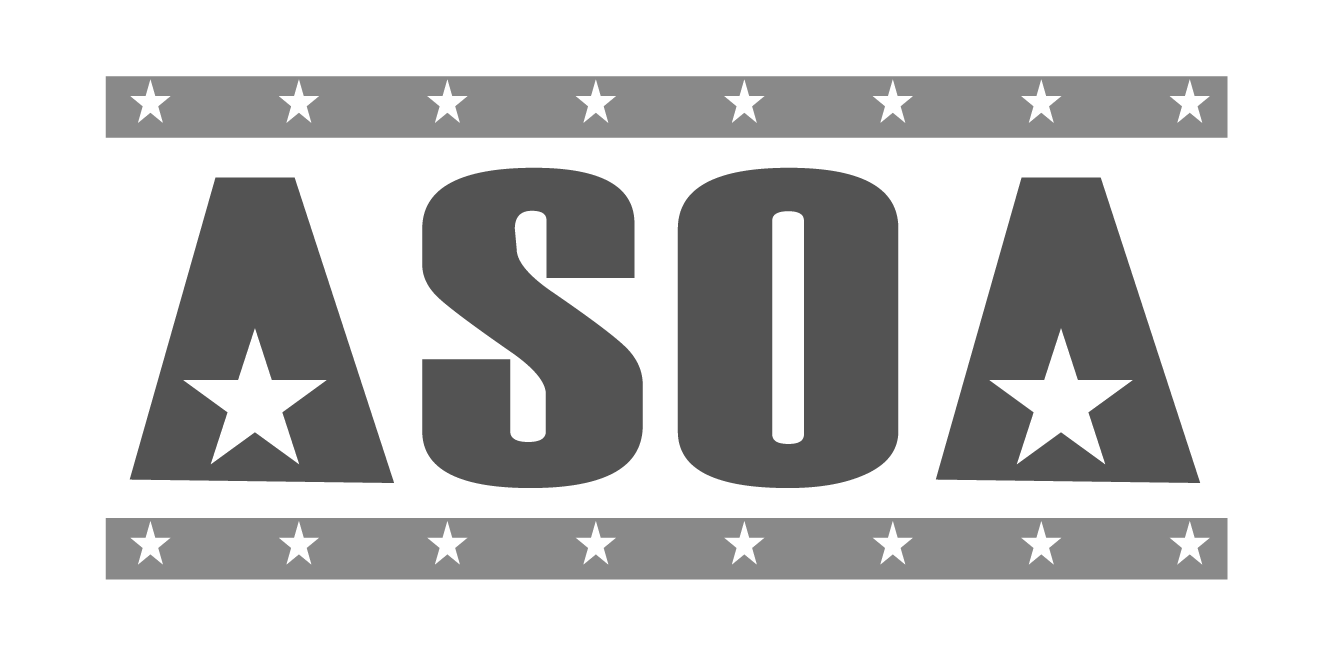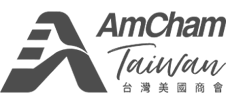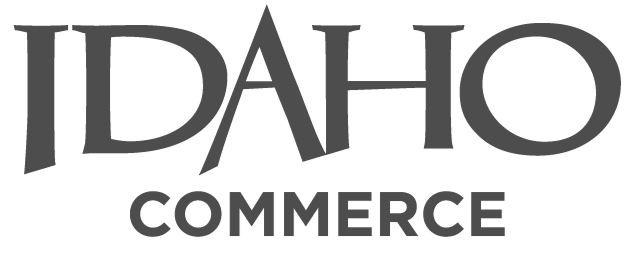Taiwan Introduction
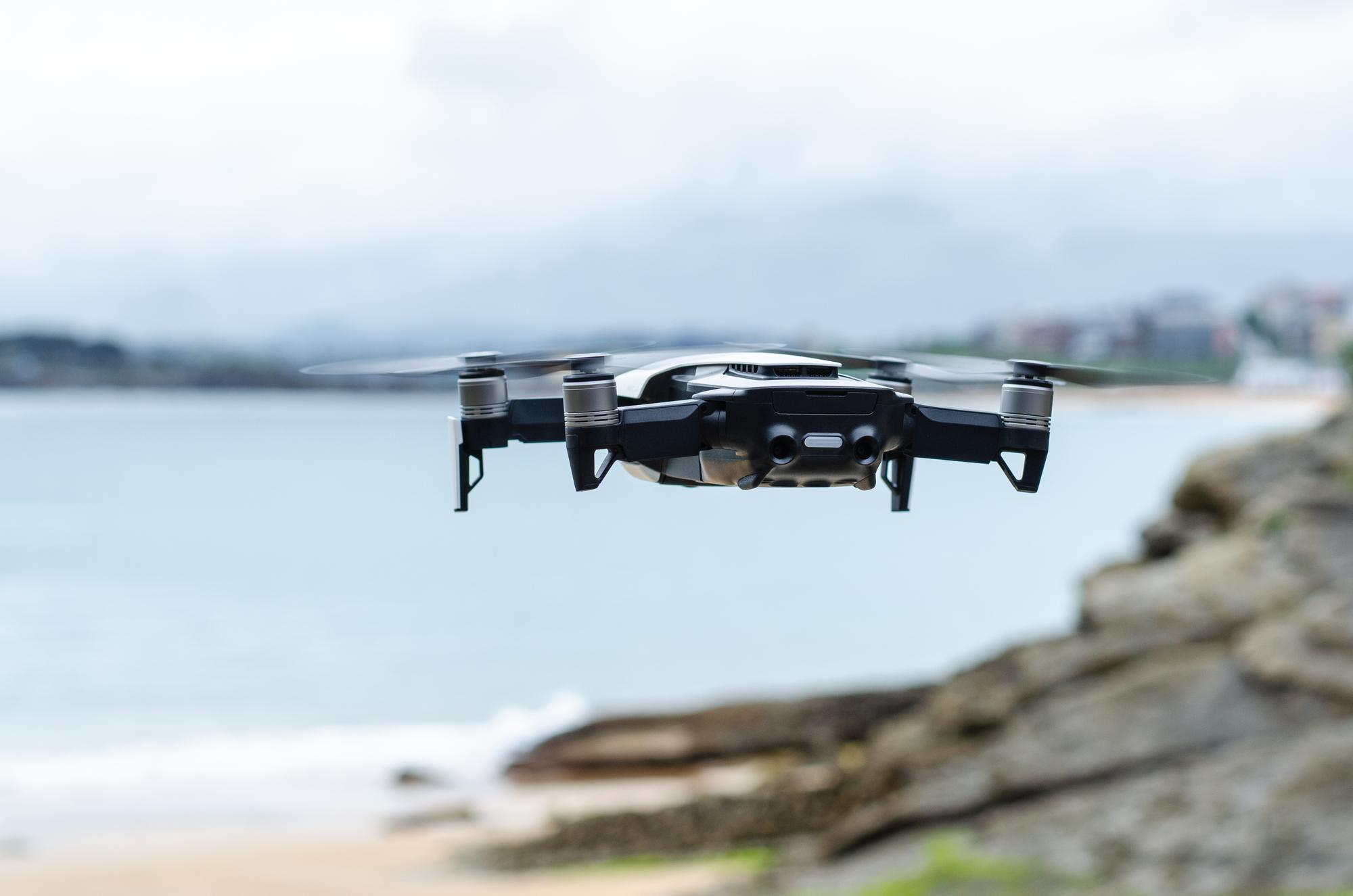

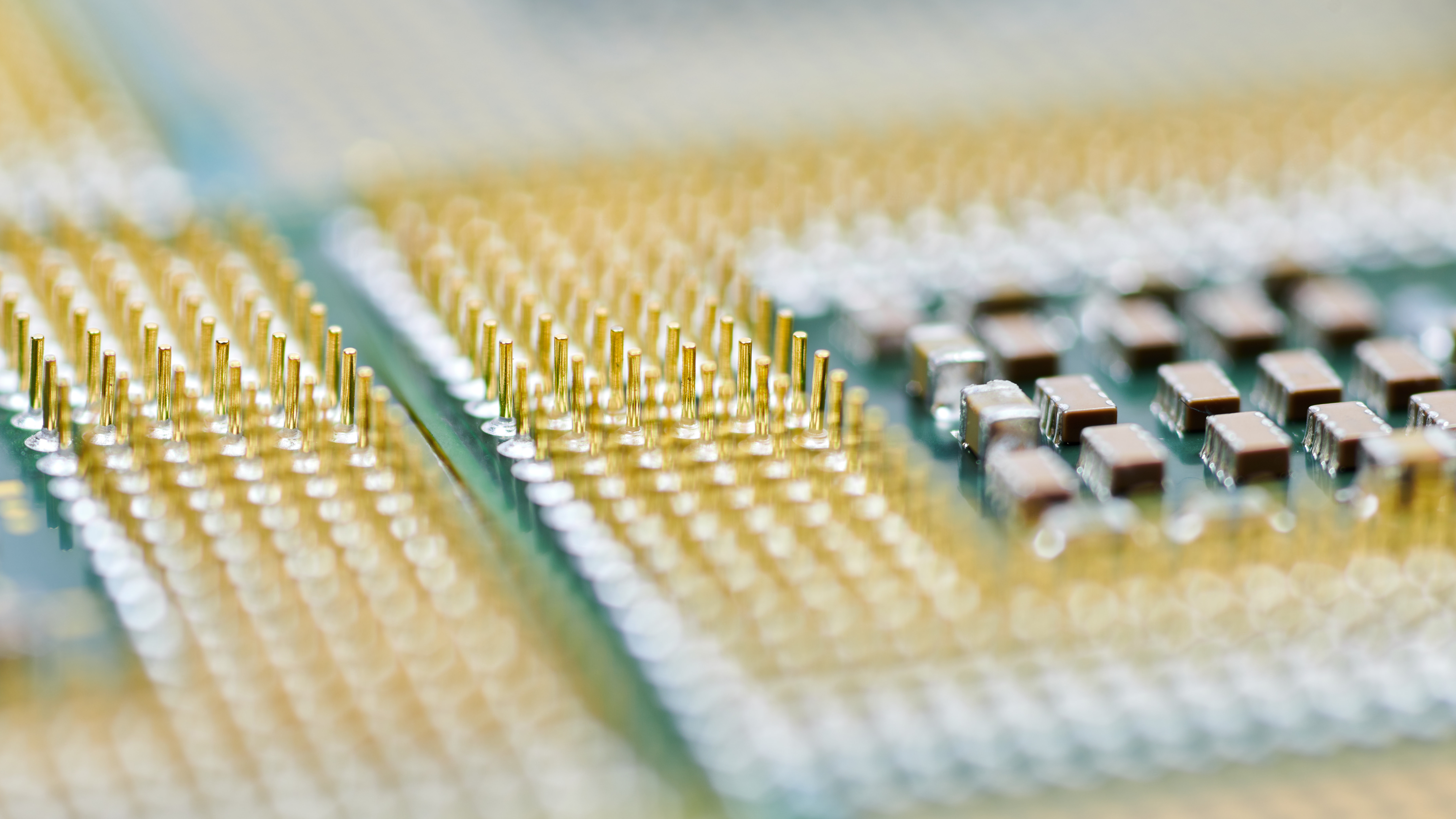




無人機
Global drone market growth trends and application landscape
The global drone market is expected to grow to US$57.8 billion by 2030, expanding at a compound growth rate of more than 15%. Its application areas have expanded from traditional military use to commercial logistics, agricultural monitoring, infrastructure inspections, public safety and other diverse scenarios, becoming the focus of national technology strategic layouts. Although Taiwan is a small- to medium-sized market, it has cultivated a number of representative drone system and component manufacturers, occupying a place in the global supply chain.
台灣無人機產業優勢與供應鏈整合實力
Taiwan has a complete and flexible supply chain for the drone industry, covering key component manufacturing capabilities such as circuit boards, motors, batteries, sensors, precision machining and communication modules, and has the strength of system integration, flight control and navigation software design, which can quickly respond to customized needs. Whether it is a defense-grade long-flight drone, an industrial inspection model, or a light logistics and agricultural application model, Taiwanese companies can provide end-to-end solutions and are highly trusted partners of international system vendors and brand owners.
Current status of Taiwan-U.S. drone cooperation and development of transnational technology alliances
Taiwan and the United States are actively connecting innovative resources and standard-setting capabilities to jointly build an open and mutually trusted drone technology ecosystem. The Taiwan-U.S. Industrial Cooperation Promotion Office (TUSA) actively assists Taiwan-U.S. cooperation. For example, the Taiwan Excellence in Overseas UAV Business Opportunities Alliance (TEDIBOA) has signed a memorandum of cooperation (MOU) with the Oklahoma Defense Industry Association of the United States to jointly promote bilateral industry docking, technology verification, and cross-border market expansion. Taiwan is a reliable technology ally of the United States in the Indo-Pacific region, and we look forward to Taiwanese and American companies creating more opportunities for cooperation and R&D innovation.
AI Artificial Intelligence and Quantum Technology Industry
Global AI and Quantum Technology Market Development Trends
The global artificial intelligence (AI) market is growing at an alarming rate. According to market research institutions, the scale of the AI industry will exceed US$1 trillion by 2030, with an average annual compound growth rate of more than 20%. AI applications have been widely used in smart manufacturing, autonomous driving, medical diagnosis, financial technology, voice and image recognition, enterprise automation and other diverse scenarios, becoming a key technology engine to promote industrial upgrading and national competitiveness.
At the same time, quantum technology is also rising rapidly, especially in the three major fields of quantum computing, quantum communication and quantum sensing, which are gradually moving from the laboratory to initial commercial applications. Global governments and technology giants are actively investing in related R&D resources. It is expected that the output value of quantum technology will reach tens of billions of dollars by 2030, and will bring revolutionary breakthroughs to industries such as AI, encryption, materials science and pharmaceuticals.
Key advantages of Taiwan’s AI and quantum technology industries
Taiwan has a complete and highly integrated ICT industry foundation, covering all aspects of capabilities from high-performance computing chip design and manufacturing, embedded systems, servers and edge devices, to AI application software development and data processing, which can support the development and deployment of diverse AI applications. In particular, in the fields of AI acceleration chips (such as GPU, NPU), intelligent image recognition modules and industrial edge computing devices, Taiwanese companies have global competitiveness and can flexibly provide customized solutions, which is an important support force for promoting the implementation of AI applications.
In terms of quantum technology, Taiwan has entered the development of quantum components with its solid semiconductor manufacturing and material science R&D advantages, and has gradually established an industry-research ecosystem from quantum bit chips, cryogenic control modules, quantum simulators, to related software and algorithm research. Taiwan's top companies, universities, and research institutions are actively engaged in quantum computing and quantum information technology R&D, and start-ups have begun to deploy technology commercialization. This makes Taiwan one of the important potential regions in the global quantum technology chain.
Deepening Taiwan-U.S. strategic cooperation in AI and quantum technology
Taiwan and the United States are actively deepening their cooperation in the fields of AI and quantum technology, working together to strengthen supply chain security, forward-looking technology research and development, and cross-border application introduction. The Taiwan-U.S. Industrial Cooperation Promotion Office (TUSA) continues to facilitate Taiwanese companies to participate in the U.S. AI application field pilot program, and cooperates with industry and academia to jointly develop smart manufacturing, medical AI, and edge AI solutions.
In the field of quantum technology, TUSA helped facilitate the signing of a memorandum of understanding (MOU) between the Wyoming Energy Industry Office and the Taiwan Quantum Computer and Information Technology Association in 2025 to initiate international cooperation in quantum computing application technology. At the same time, Taiwan and the United States are jointly promoting the technical verification and application field construction of quantum technology, and exploring the application of quantum technology in industries with high security requirements.
With its innovative capabilities and supply chain resilience, Taiwan has become a reliable technology partner of the United States in the Indo-Pacific region. In the future, Taiwan and the United States will continue to strengthen the bilateral cooperation system in AI and quantum technology, jointly create an open, secure and forward-looking technology ecosystem, and expand new possibilities in the global application market.
Semiconductor and Electronic Manufacturing
Key roles and application trends in the global semiconductor industry
More than 70% of the world's technological products and equipment require semiconductor components. Almost all modern electronic systems and smart applications cannot be separated from semiconductors, which support a variety of key applications from smartphones, cloud computing, artificial intelligence, self-driving cars to national defense technology. With its advanced process, packaging and testing, IC design, and production capacity scheduling capabilities, Taiwan occupies a key position in the global semiconductor industry and has formed a highly complementary and closely cooperative industrial partnership with the United States.
Taiwan's semiconductor supply chain advantages and technological leadership
Taiwan has the world's most complete and highly flexible semiconductor supply chain system, covering wafer manufacturing, IC design, advanced packaging, materials and equipment. TSMC is the world's most advanced wafer foundry, leading the 3nm and 2nm processes, and cooperates with many American technology giants to develop high-performance chips. At the same time, companies such as MediaTek, ASE, and Powerchip also have world-class competitiveness in system-on-chip design, packaging testing, and memory technology. Taiwanese manufacturers are trusted by international customers for product reliability, delivery flexibility, and technological innovation, and are an indispensable hub in the global technology supply chain.
Deepening Taiwan-U.S. Cooperation: Progress in Taiwan-U.S. Semiconductor Cooperation Strategy and Industry Layout
Taiwan and the United States are accelerating multi-level cooperation in the semiconductor field, from technology research and development, talent cultivation, capacity allocation to supply chain resilience construction. In 2021, TUSA signed a memorandum of cooperation with the Greater Phoenix Economic Development Council (GPEC) in Arizona, USA, to deepen cooperation between the two sides in industries such as semiconductors, medical devices and advanced manufacturing. TSMC has established an advanced wafer fab in Arizona, USA, and is working with local academic and research institutions to build a chip innovation and research and development base. Under the common interests of geopolitical security and technological innovation, Taiwan and the United States will jointly create a reliable, sustainable and high-value-added semiconductor ecosystem.
Clean Energy and Sustainable Technology
Global Clean Energy Transformation Trends and Industry Trends
In response to climate change and energy security challenges, countries around the world are actively promoting energy transformation. According to the International Energy Agency (IEA), by 2030, global clean energy investment will exceed US$2 trillion, with an annual growth rate of double digits. Technologies such as wind power, solar energy, energy storage and hydrogen energy continue to expand their applications. As an island economy that is highly dependent on imported energy, Taiwan is also accelerating the layout of solar photovoltaics, offshore wind power and smart grids, with the goal of achieving net zero carbon emissions by 2050. In terms of industry, Taiwanese companies have demonstrated strong capabilities in energy electronics, power components, energy storage equipment and system integration, becoming an important partner in the global clean energy supply chain.
Taiwan's advantages Taiwan's clean energy technology advantages and supply chain layout
Taiwan has key advantages in the clean energy sector, ranging from solar module manufacturing, key electromechanical components for wind power, energy-saving equipment for production processes, to application technologies such as energy management systems, power semiconductors, and smart meters. Among them, Taiwanese manufacturers have made rapid progress in the fields of energy storage systems (BESS), power electronic converters, carbon management software, and industrial-grade EMS platforms, which can support large electricity users, data centers, and power grid operators to conduct efficient energy scheduling and carbon footprint management. In addition, Taiwan's supply chain is flexible, high-quality, and has local manufacturing advantages, which can quickly respond to international project needs. It is a trusted partner for energy developers and system integrators from various countries.
Taiwan-U.S. Clean Energy Cooperation Achievements and Development Blueprint
Both Taiwan and the United States pay close attention to supply chain resilience and technological innovation in the clean energy sector. The Taiwan-U.S. Industrial Cooperation Promotion Office (TUSA) actively promotes bilateral cooperation, including facilitating energy storage and grid solution providers to participate in demonstration programs led by the U.S. Department of Energy, assisting Taiwanese companies in connecting with U.S. energy technology companies and utilities, and promoting the introduction of smart management of renewable energy and carbon inventory systems. As early as 2017, TUSA and the Ministry of Economic Affairs visited the United States to "deepen Taiwan-U.S. industrial cooperation and connection visits to the United States" and signed memorandums of cooperation (MOUs) in clean energy, aerospace smart machinery and other industries with alliances such as Seattle and Washington, demonstrating their determination to promote clean energy cooperation between Taiwan and the United States. In the future, Taiwan will continue to be a reliable clean energy partner of the United States in the Indo-Pacific region, and work together to create a low-carbon, safe and resilient energy future.
Biotechnology and pharmaceutical industry
Growth momentum and innovation trends of the global biotechnology and pharmaceutical markets
The global medical device and pharmaceutical markets continue to thrive, benefiting from an aging population, an increase in chronic diseases, improved health awareness after the pandemic, and the promotion of new medical services such as precision medicine, digital health, and telecare. According to market research, the global medical device market is expected to reach US$800 billion by 2030, while the global pharmaceutical market may exceed US$1.6 trillion. Taiwan has strong R&D momentum and efficient supply chain management, and has gradually established international competitive advantages in this wave of medical and health technology innovation.
Taiwan's biotechnology, medical devices and pharmaceutical industries' supply chain advantages and international competitiveness
Taiwan has a complete medical equipment and pharmaceutical industry foundation, covering a complete supply chain from upstream raw materials, midstream processes to downstream customized product development. In the field of medical materials, Taiwanese companies focus on smart minimally invasive surgical equipment, medical sensing devices and remote care solutions, and have internationally certified production capabilities. In terms of pharmaceutical manufacturing, Taiwanese manufacturers are gradually entering the high-threshold CDMO (commissioned development and manufacturing) and biologics markets, and even AI and quantum computing drug and medical equipment research and development. In addition, Taiwan also has a high degree of integration capabilities in technologies such as pharmaceutical packaging, quality control and cold chain logistics, becoming an indispensable part of the global pharmaceutical supply chain.
In the face of climate change, emerging infectious diseases, zoonotic diseases and drug resistance threats, the Taiwan government has officially promoted the "One Health" national action plan since 2025. It will be coordinated by the Executive Yuan and integrate the resources of multiple ministries such as the Ministry of Health and Welfare, the Ministry of Agriculture, and the Ministry of Environment to demonstrate integrated health governance capabilities.
Deepening Taiwan-U.S. biotech and pharmaceutical cooperation to support global medical innovation and development
Taiwan and the United States are actively deepening strategic cooperation in medical devices and pharmaceuticals between the two countries, covering technology research and development, talent cultivation, capacity allocation, and supply chain resilience. Since its establishment in 2012, the Taiwan-U.S. Industrial Cooperation Promotion Office (TUSA) has been committed to promoting industrial cooperation between Taiwan and the United States, including matching and assisting businesses in the two countries to jointly collaborate in research and development, manufacturing, alliances, or investments. For example, in 2021, TUSA signed a memorandum of cooperation with the Greater Phoenix Economic Development Council (GPEC) in Arizona, USA, to deepen cooperation between the two sides in industries such as medical devices, semiconductors, and advanced manufacturing. In the future, Taiwan will continue to be a trusted medical device and pharmaceutical partner of the United States in the Indo-Pacific region, working together to create a high-quality, innovative, and resilient medical ecosystem.

